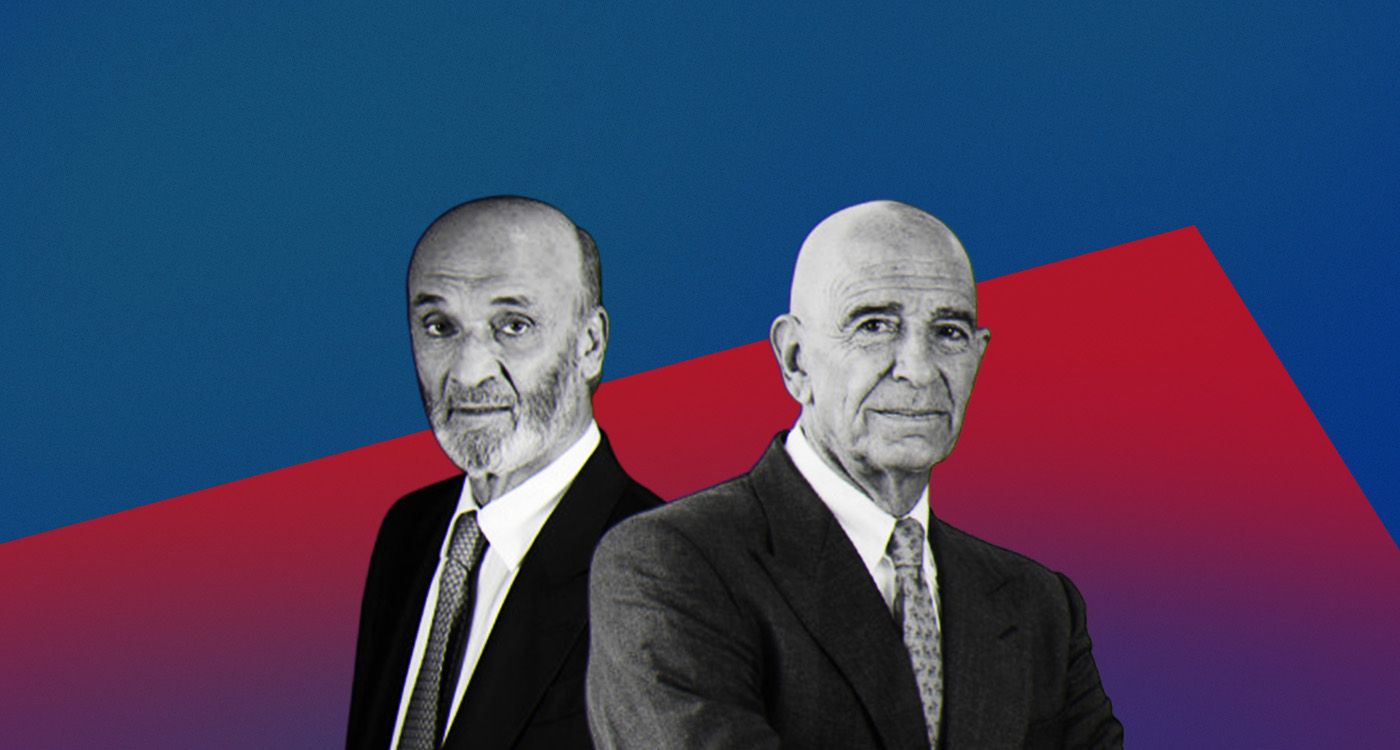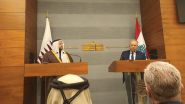
The leader of the Lebanese Forces, Samir Geagea, has called on the government to take the lead in responding to a US roadmap aimed at helping Lebanon gradually resolve its border issue with Israel—which maintains a military presence at five points—and to tackle the issue of illegal weapons within its territory.
In a statement released on the eve of the arrival of US envoy Tom Barrack in Beirut, Geagea warned against a return to the kind of power-sharing arrangement that dominated during Syria’s tutelage over Lebanon, a “Troika of power that undermined the country’s institutions.”
“For nearly two weeks, we’ve been hearing about American proposals intended to move things forward in Lebanon. These proposals aim to end Israeli occupation and attacks on the one hand, and to remove illegal weapons from Lebanese soil on the other,” said Geagea.
“The US envoy arrives in Beirut tomorrow, and yet the issue has still not been discussed by the government. No official position has been taken to date,” he added.
Geagea went on to implicitly criticize the sidelining of Lebanon’s constitutional institutions, noting that discussions around the US initiative have so far been led by President Joseph Aoun, Prime Minister Nawaf Salam, and Speaker of Parliament Nabih Berri, the latter negotiating on behalf of Hezbollah.
“Have we returned to the old formula devised under the Assad regime, where a so-called Troika ruled in place of the institutions, ultimately driving the country into ruin?” he asked.
Geagea demanded some clarifications: “Is it the government that’s waiting to hear Hezbollah’s response? Shouldn’t it be the other way around, with Hezbollah awaiting a decision from the government?”
He called on the Cabinet to meet without delay to produce a “national Lebanese response” to the US plan, “one that would tangibly, not just rhetorically, ensure Israel’s withdrawal (from the five border points), end its raids on Lebanon, and lead to the establishment of a real state that protects its citizens and defends their interests.”
“Those working to sabotage this opportunity will bear a heavy responsibility before the Lebanese people and before history,” he warned, adding: “The fate of the country and its people cannot be toyed with for the sake of bolstering Iran’s position in upcoming international negotiations.”
Several MPs from the Lebanese Forces and Kataeb parties have criticized the handling of the US proposal, saying the government and Parliament have been bypassed. During the latest parliamentary session, Kataeb leader Samy Gemayel expressed outrage that such crucial decisions affecting Lebanon’s future were being made outside the framework of the legislature.
The US roadmap reportedly calls for Lebanon to commit to a phased disarmament of Hezbollah and Palestinian factions, to be completed by November. In return, Israel would gradually withdraw from the five border areas.
Washington is also pushing for structural reforms to strengthen the authority of the state and set Lebanon on a path to recovery. Among the proposals is a resolution to the long-standing border demarcation issue with Syria.
Meanwhile, Hezbollah has not entirely dismissed the idea of talks over its arsenal, but on Sunday, its deputy leader Naim Qassem insisted the group “will not yield to international pressure or give up its weapons.”



Comments